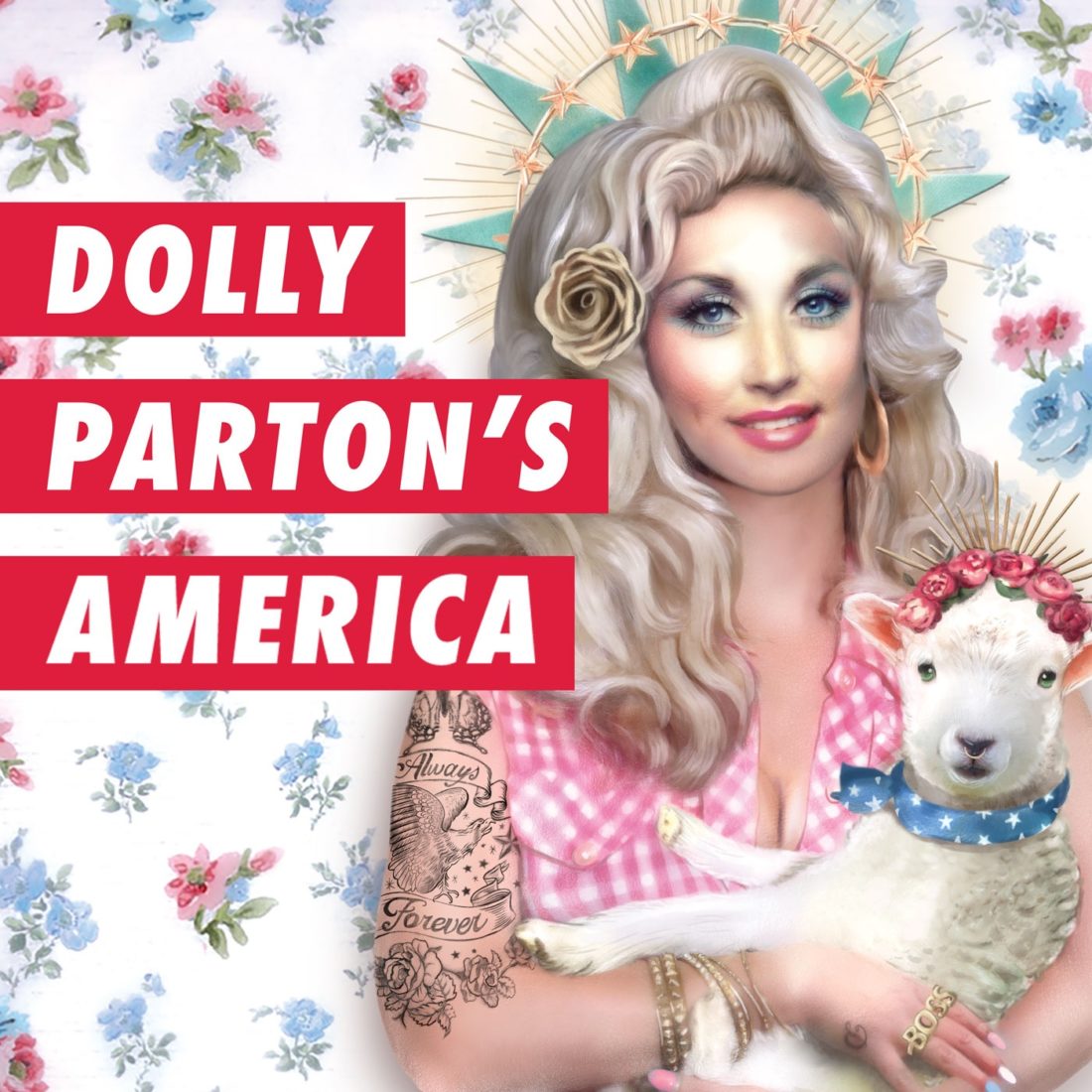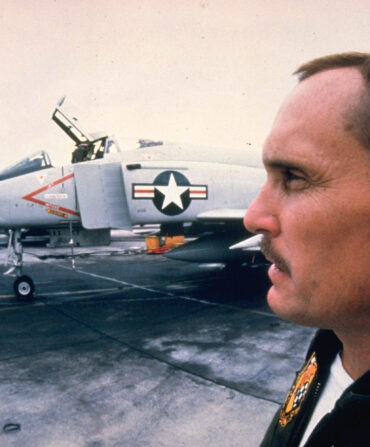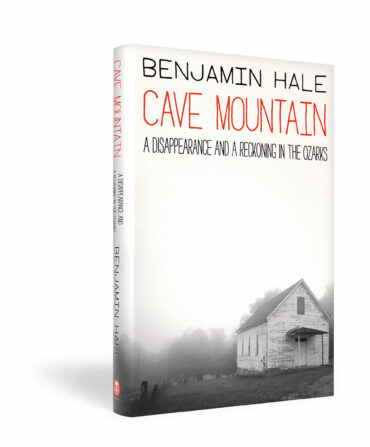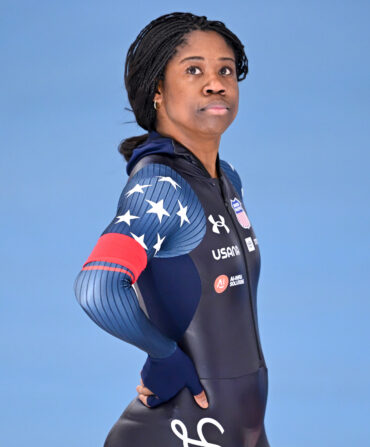“Dolly Parton is one of these figures that seems to unify and speak across divisions at a time when not too many people are doing that,” says Jad Abumrad, host of the new podcast Dolly Parton’s America, which debuts Tuesday, October 15. What he wanted to know was why—beyond the music, the movies, the façade (and Parton’s catalog of jokes about it), what is it about Dolly Parton that makes her almost universally beloved by young and old, men and women, left and right. “I was curious as a journalist, but also in the back of my mind, I thought, ‘I grew up in the South, and maybe this is a way for me to look back at the place where I grew up.’”
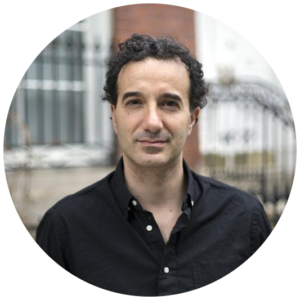
Photo: Bo Jacober
Jad Abumrad.
Abumrad spent his childhood in Nashville, Tennessee, where he says Dolly’s influence was omnipresent. “It was one of those weird things: You grow up in a place, you see somebody around you every day, and so in some ways you don’t pay attention.” That’s not to say Abumrad wasn’t well-versed in music as a medium. He studied creative writing and music composition at Oberlin College, and composed film scores before embarking on a career in public radio with stints at popular NPR shows such as All Things Considered, Media Lab, and Morning Edition. In 2002, he founded Radiolab, a Peabody Award-winning, nationally syndicated radio show, out of New York.
It wasn’t until 2016, though, that Abumrad began to look at Parton through a different lens. “Dolly came to do a show in Queens, and the level of excitement for people here was really startling to me,” he says. “Obviously, she’s a global pop star, but the way people here got excited… I was like, “Oh, Dolly? My Dolly? Like, Dolly from Nashville?’” The next-level fandom he witnessed got him wondering about the Tennessee-born superstar’s influence beyond the South—and beyond the stage—at a time when he happened to have unprecedented access to Dolly herself. Three years earlier, Parton had experienced injuries from a car accident that sent her to Nashville’s Vanderbilt Hospital, where Abumrad’s father, Naji, was a doctor. Naji and Parton hit it off, sparking a friendship that ultimately led to Dolly Parton’s America. “As I was getting curious about Dolly, I had a way to ask her the questions I had,” Abumrad says. “I actually had access.”
For two years, Abumrad followed Parton around the world, sitting down with her in Nashville and at Dollywood, her Pigeon Forge theme park, and shadowing her at 9 to 5: The Musical’s London premiere earlier this year. He also spoke with academics, such as Helen Morales, a classics professor at the University of California Santa Barbara and the author of Pilgrimage to Dollywood, and Nashville insiders like Ralph Emery and Charley Pride for context on the forces that shaped Parton and her music. Episode topics range from music history (the traditional northern European murder ballads that influenced her darker early work) to family lore (dissecting the myths surrounding Parton’s “Tennessee Mountain Home”) to cultural perception (investigating how Parton represents Appalachia to the world).
“We’re thinking about country music in terms of American history in a whole new way,” Abumrad says. “You listen to ’60s Dolly, and you hear the way her sound was transforming, and you get a sense that there was a real shift happening in country music. Maybe there’s something like that happening now—musically and culturally.”
G&G caught up with Abumrad to talk about Parton’s still-expanding legacy, how her politics—or, well, “Dollitics”—are more about ethos than avoidance, and why questioning her legacy only strengthens it. Read the interview below, and listen to the first episode of Dolly Parton’s America via WNYC.
You already had a platform in radio when you connected with Dolly through your father. What turned this into a full separate series, rather than a single episode or interview?
Every time I sat down to talk with Dolly, and every time I would talk to people who think about her and love her and follow her, I would fall into these rabbit holes: rabbit holes about Appalachia, or about American history, or about the history of country music. Certainly rabbit holes about her music—this epically long, deep, discography—but also about all of these concentric circles that expand out from her. I just kept falling in. Every time, something that I wasn’t paying attention to would become visible to me. She’s touched so many different cultural movements and political movements, and musical movements, certainly. She’s a regional figure, but she’s also a global figure. Every conversation was a new thing. It went from being an interview, to being a two-part series, to then being a four-part series. And then it was six-part series. And now, it’s a nine-part series. And even just two days ago, I was like, ‘I wanna do a tenth episode!’ It just keeps expanding, because she’s… well, you know, she’s that big.
You take a whole episode to tackle what you refer to as “Dollitics”—how she approaches, or perhaps avoids approaching, politics. Was it difficult to broach that topic?
That was one of the more interesting episodes for me. She’s so open. She will literally answer any question, and she’s so smart, she’ll never let you push her into a place she doesn’t want to go. She was generous to talk with me for a long time about how she thinks about politics, and how she thinks about her decisions to avoid politics. In the end, it felt like an ethos, not like an avoidance. When you get to be the level Dolly’s at, people expect things of you that they wouldn’t expect of another entertainer. Particularly in this very divided moment, nobody is allowed to not have an opinion, which is itself a kind of stifling dogma. The middle ground has been squeezed really hard, but she fiercely protects it. I wanted to give words to that piece of real estate, to allow her to express it. There were times when it felt kind of cynical, like a business decision, and there were times when it felt almost faith-based—a spiritual position. Doing an episode on ‘Dollitics’ was really just to explore how she moves in a very independent way. Dolly will never become a part of a story that she doesn’t control, and I think that’s pretty awesome.
What you hear about Dolly tends to be overwhelmingly positive, but during the series, you speak with academics and students in a class at the University of Tennessee that study her impact on Appalachia with a more analytical lens. Did you get any feedback that surprised you?
I had never heard anything except glowing praise and adoration—like, next level adoration—spoken about Dolly. I was surprised to meet kids growing up in Appalachia who were studying her in a way that was not necessarily critical, but ambivalent about certain aspects. It wasn’t so much about Dolly, but rather about how they are seen by people outside the South. They grafted a lot of feelings on her because she is, in many ways, an ambassador of the South to the world. People are looking at her not just as an entertainer or a songwriter, but as somebody on the level of Walt Disney, somebody who’s created a level of cultural impact that is almost unparalleled. There are people who are thinking independently about her in terms of what she represents—some of which is unfair to put on any person—and inevitably part of that is that people are going to be a tiny bit critical. But I actually think that’s the deeper thing; they are honoring her impact when they do.
Tell me a little bit about the cover art for the podcast and what it represents.
The art came about because we had seen a series that Christine De Carvalho had done, and she had done a series about American saints—she had a whole bunch of different people that she had drawn as Catholic saints, and Dolly was one of those people. She did a beautiful picture of Dolly, in an almost pink, gauzy, pastoral, angelic state. But also, there’s a couple of accents she put on Dolly—a tattoo on her arm…
…a nod to rumors about her tattoos?
[Laughs] Yeah, exactly. And in Christine’s original drawing, she had Dolly holding a cat, and the cat had this amazing look on its face. Kind of looking at the audience like, ‘Don’t you wish you were me?’ We asked Christine to replace the cat with the lamb—a nod to Dolly the [famous cloned] sheep, how Dolly is so much bigger than a performer. It captured the feel: That this is a person who is kind of demigod-status in America. She’s transcended a lot of the usual categories we have for people and for entertainers, and I wanted that to come across. It just felt right.
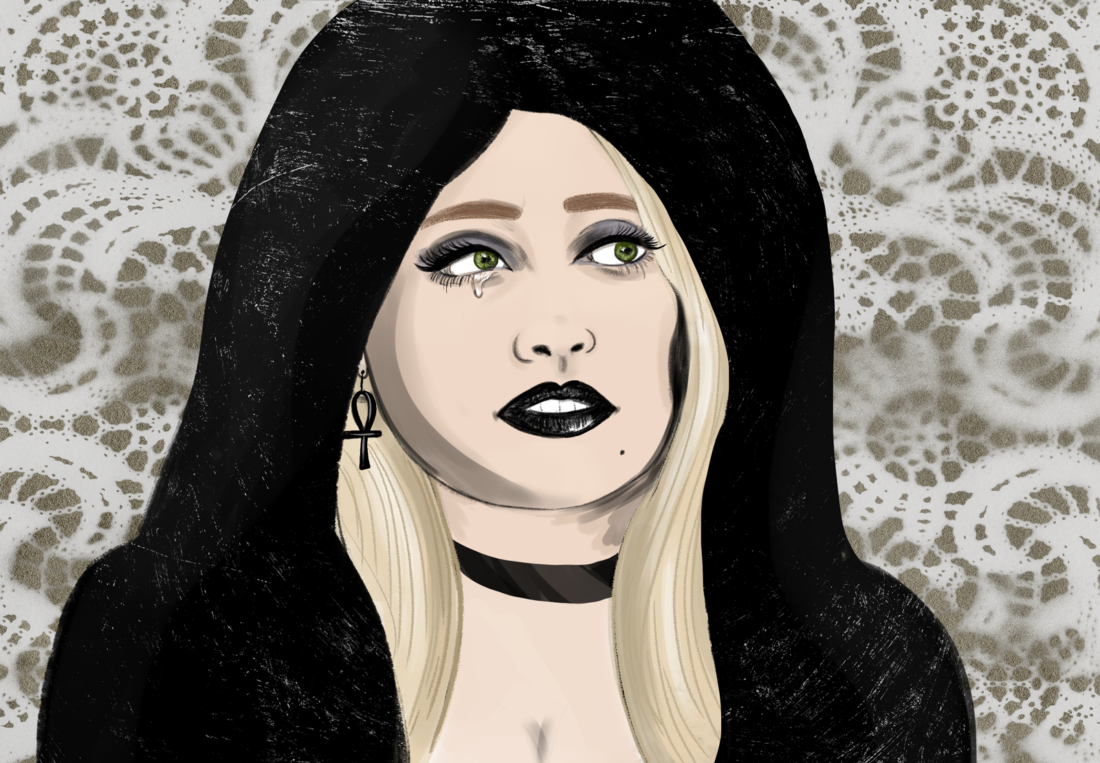
Illustration: Christine De Carvalho
Each episode will feature unique cover art by Christine De Carvalho—including this illustration for episode one, “Sad Ass Songs.”
We’re seeing several new series released this fall about country music history—your Dolly Parton’s America, Midland’s podcast Set It Straight, Ken Burns’s Country Music documentary. Is there anything about this moment, culturally, that you think is attracting new fans to dig into the genre’s evolution?
Country music has always been, from the very beginning, wrapped up in the question of who we are as Americans. I was just listening to Richard Nixon in the late ’60s talking about it—how this is American music, this is the musical expression of who we are. Country music has always had that in its DNA. We’re in a moment culturally where we’re thinking a lot about who we are as Americans, so it makes sense that country music would get wrapped up in that conversation. But it’s really kind of staggering, the global impact that country music has made. The way it’s listened to in all of these places—Southern Africa, aboriginal Australia—the stories clearly translate.
Dacey Orr Sivewright is a writer and editor based in Mount Pleasant, South Carolina. An Atlanta native, she was Garden & Gun’s digital editor from 2016 to 2021 and has spent the last decade and a half covering music, food, and culture for Billboard, The Village Voice, Stereogum, Apartment Therapy, and other outlets. When not writing, she’s probably making a mess in her kitchen or spending time outside with her husband and daughter.
Garden & Gun has affiliate partnerships and may receive a portion of sales when a reader clicks to buy a product. All products are independently selected by the G&G editorial team.


